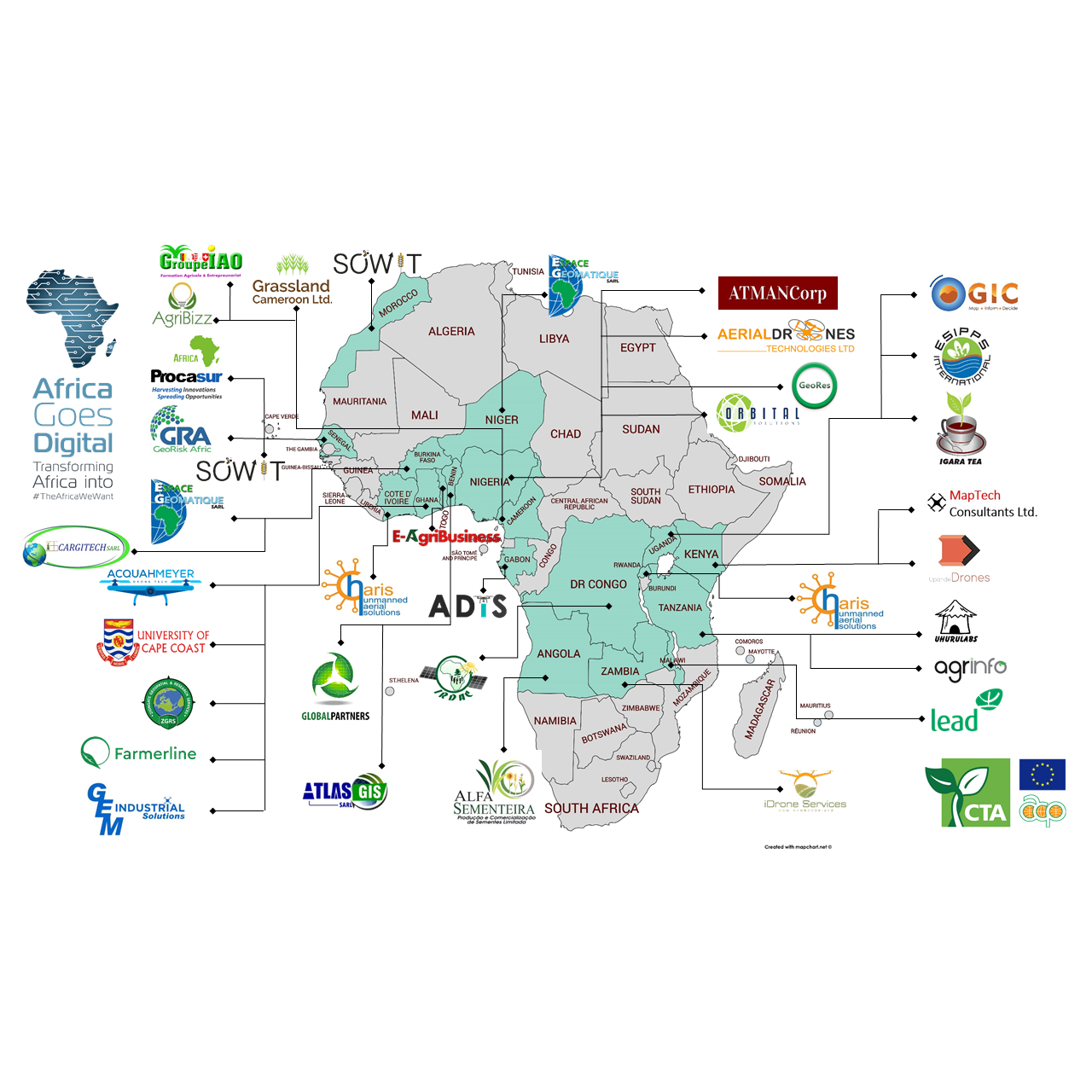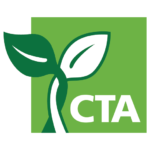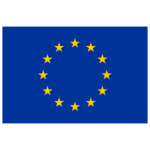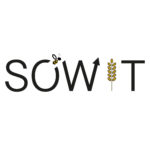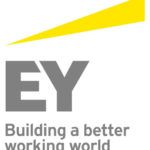Managing director of Charis UAS, Mamy Muziga Ingabire, explains how her drone services company has evolved to respond to farmers’ information needs.
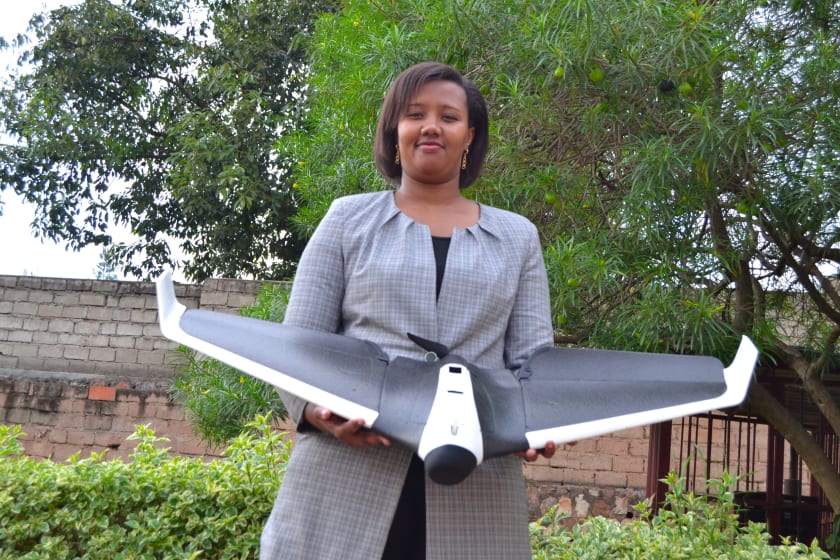
What led you to launch the first unmanned aerial systems (UAS) company in Rwanda?
In the beginning, we never had in mind that this innovation or idea was going to be a company as it is today. When we first introduced the drones, we started looking at how we can use them and what types of solutions UAS can provide. So, one of the first things we did was to identify issues that our society was facing and, based on that, we came up with demand-led solutions for using drones.
One of the challenges that Rwandan society faces is getting timely, precise and relevant information for informed decision making. In agriculture, for example, we identified the need to provide farmers with information related to their farms – such as the health status of crops – so that they can act accordingly to increase farm productivity. We decided to develop UAS solutions to provide farmers with the information that they need to improve their yields. That is how we got to where we are today, providing different solutions for using drones in various industries, including agriculture, construction, mining and energy.
Charis UAS provides a diversity of UAS services across different industries, how do you use drones to specifically target farmers’ needs?
We work with different organisations, such as CTA and international NGOs, to support smallholder farmers in increasing their productivity or yields. The drone services we provide are focused on data collection, to provide farmers with the information they need to improve their farming practices, in a language that they understand. This includes mapping and surveying farmers’ field boundaries, developing digital elevation models, and creating crop inventories.
With the information we give them, farmers can detect early signs of disease and identify water deficiency in their crops, so that they can take the necessary actions to mitigate the impacts of these issues when they first arise. We also provide a lot of crop management advice, for instance, we look at the application of nitrogen fertilisers to help farmers improve their input efficiency and minimise costs, and advise them on practices they can adopt to prevent soil erosion. In the infrastructure spectrum, we also use drones to provide maps that facilitate the design of irrigation systems. So, these are just some of the different types of advisory services that we provide to farmers to help them to make more informed decisions.
Are there any lessons that can be learnt from Rwanda’s drone policies and regulations that could benefit the expansion of the industry in other African countries?
I believe that Rwanda’s leadership and policies have been very supportive of innovative technologies. We are grateful to our government for giving us the opportunity to introduce drone technology in the country. The Civil Aviation Authority has provided guidelines for each step you need to take to legally operate drones in the country, from registering your drone to getting it off the ground.
Our company is a drone-licenses company, which means we have to obtain a permit to fly or operate an unmanned aircraft from the Civil Aviation Authority. Fortunately, the clear guidelines make it easy to meet all of the regulatory requirements. The implementation of such effective drone policies demonstrates that the country’s leadership took time to look at what is needed. As a result, the government has not only protected Rwanda’s national safety and security needs, but also created the type of ecosystem that we need to operate as innovators seeking to provide technology-based services.
How has CTA supported Charis UAS to develop an effective smart-technology service for farmers?
We have been privileged to participate in different trainings and workshops organised by CTA, which mainly focused on enhancing the use of technology within the agriculture sector. In addition to this informative training, CTA has also supported us to conduct research projects here in Rwanda. For example, we are currently undertaking a viability assessment of UAS services in the context of Rwandan smallholder wheat and potato farmers. The study will provide a cost-benefit analysis of UAS services based on the productivity outcomes of farmers acting on UAS-generated recommendations in Musanze District. By questioning whether the UAS technology is really benefitting smallholder farmers, this CTA-funded study will help us to ensure that the services we deliver actually address the needs of farmers.
Read more about Charis Unmanned Aerial Solutions on: www.charisuas.com
